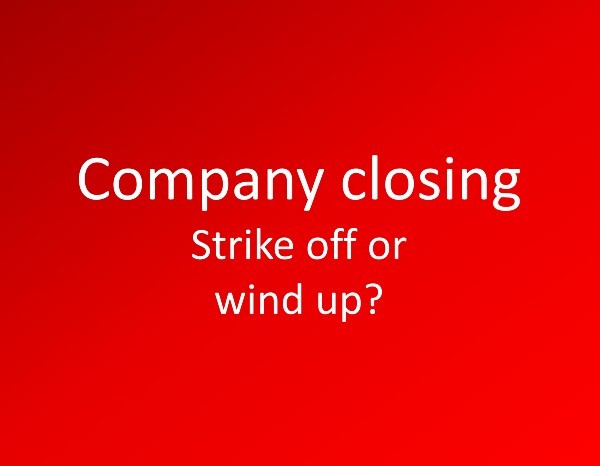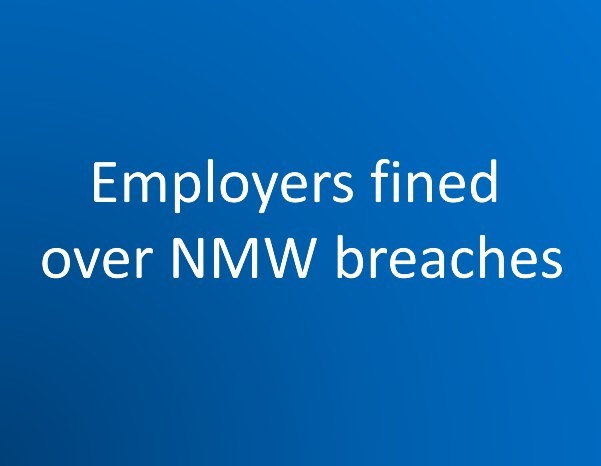
The Insolvency Service has reported on an investigation it made into a company that was serving as a front to enable unlicensed insolvency activities previously carried out by another firm.
The investigation resulted in the Insolvency Service winding up the company in the public interest. The case serves as a reminder that only properly licensed insolvency practitioners can act as liquidators or administrators for a company.
However, if you’ve reached the point where your company has run its course and you want to close it down, does that mean your only option is to formally wind it up using a licensed insolvency practitioner?
No. Another option open to many companies is to have the company ‘struck off.’
Let’s explore the differences between striking off a company and winding it up, and in what circumstances you might choose one over the other.
What is striking off?
Striking off, also known as ‘dissolution,’ is the simpler and usually cheaper way to close a company. This requires applying to Companies House (using form DS01) to have the company removed from the register. Once that happens, the company no longer legally exists.
Striking off is typically used when the business is no longer trading, there are no debts outstanding, and all assets (like cash in the bank or equipment) have been distributed to shareholders.
What is winding up?
Winding up (or “liquidation”) is a more formal process. A licensed insolvency practitioner is appointed to sell off the company’s assets, settle debts, and distribute anything left over to shareholders. Once everything is complete, the company is struck off the register.
Liquidation is typically used when:
- The company cannot pay its debts (insolvent liquidation)
- The directors or shareholders want a formal, orderly closure, even if the company is solvent (members’ voluntary liquidation)
- There are complex affairs that need professional handling
Key differences at a glance
- Cost: Striking off is inexpensive (a small Companies House fee), while winding up involves professional fees paid to the liquidator.
- Debts: Striking off is only an option if debts are cleared. If creditors are owed money, they can object and force the company into liquidation instead.
- Control: Striking off is handled directly by directors, whereas winding up requires external oversight.
- Risk: If directors strike off a company without properly settling debts or assets, creditors can restore the company to the register and pursue them. Winding up offers more protection.
Why choose one over the other?
If your business is small, debt-free, and you want to wrap things up simply, striking off is often a good option. It’s also common for dormant companies or businesses that never really got off the ground.
On the other hand, if your company is insolvent, if you want legal certainty that everything has been settled properly, or if you’re dealing with significant assets or liabilities, then the formal winding up process is better.
Final thought
Both routes end with the company being removed from the register, but the right choice depends on your company’s financial position and how much formality is needed.
To get personalised advice on the right option for your company, please give us a call. We can put you in contact with a trusted insolvency practitioner.
The information provided in this blog is for general informational purposes only and should not be considered professional advice. As far as we are aware, the content is accurate at time of publication. Torgersens assumes no responsibility for errors or omissions in the content or for any actions taken based on the information provided.



.jpg)




